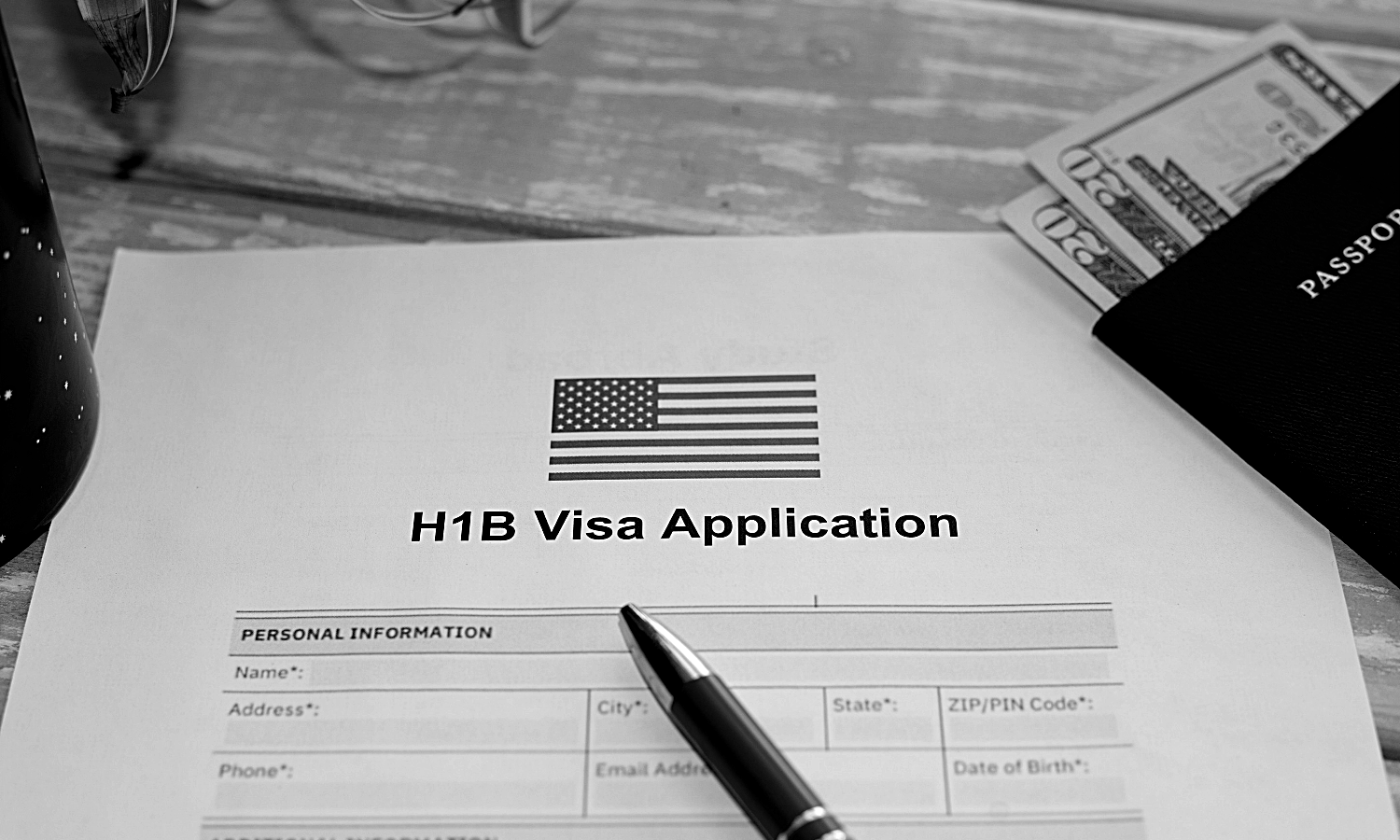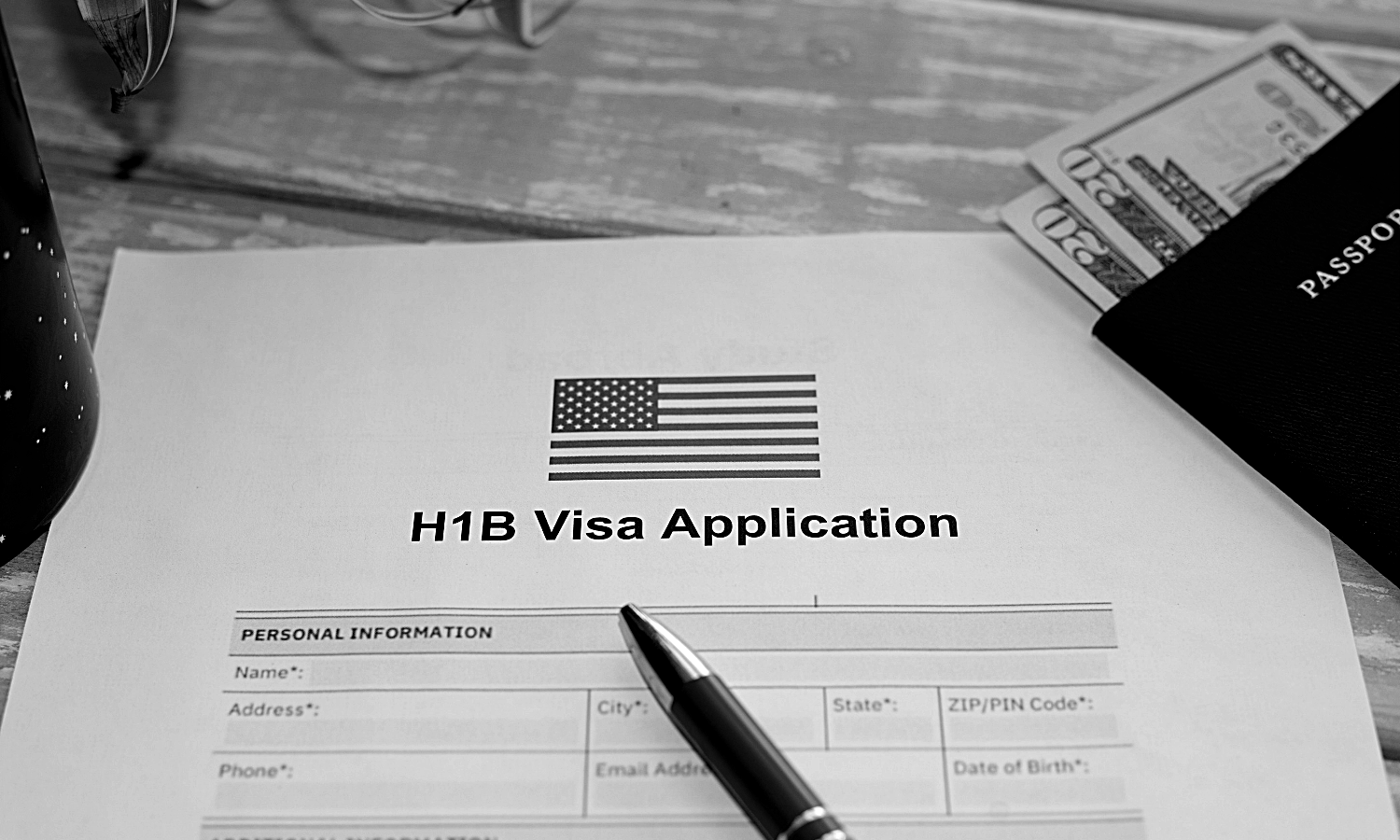The H1B visa program is something tech loves, but the Trump administration loves to hate. Since early in office, President Trump has worked to frustrate and obstruct the program that allows for skilled workers to come to the United States on work visas.
On June 22nd, President Trump signed an executive order that extended foreign-worker restrictions. The order prohibits most guest and seasonal work visas and blocks the majority of permanent residency visas — most notably, the H1B, until the end of 2020 at minimum. It has been estimated that the order would keep as many as 525,000 foreign workers out of the country for the rest of the year. With an immigration policy like that, those numbers may be a lowball.
Policy in all aspects should get a fresh look in light of COVID, however, the tech world relies on H1B’s to keep doing business as usual — and especially to grow. Given the economic downturn, businesses would benefit from policies that don’t include poking holes in the bottom of their already-sinking life raft. Further, given the administration’s vocal stance on curbing immigration, it’s a fair assessment that they may try to make the temporary ban on account of COVID a permanent policy solution.
The Administration’s argument has been that H1B visas harm employment prospects for Americans — and Americans are severely underemployed or unemployed right now. This policy however does not account for why companies, and specifically, companies in the tech industry, need foreign workers.
The majority of H1B visas are used for companies in the technology space. H1B visas aren’t ‘stealing jobs’ from everyday Americans — they’re for filling senior roles and uniquely skilled positions that are hard to fill with local talent. Without the ability to fill these positions at companies across the tech sector, this will have severe, detrimental impacts on growth and international competitiveness across all major US tech companies.
The visa application process prioritizes those with advanced degrees and specialized skills. These highly skilled jobs need H1B applicants because they are often difficult to fill due to the existing workforce in the US. The thought of moving to Topeka, Kansas for a CISO job may sound awful if you and your family are used to living in Silicon Valley, however, if you’re from a country that’s far less fun than Topeka and happen to have the needed skill set, an H1B can be an opportunity of a lifetime — for both the foreign employee and American employer.
H1B’s largely help growing companies, and the tech sector today is the perfect example of a fast-growth industry. We want the best and the brightest in the US to build out strong American companies. To do that, we need top talent. American companies should have the opportunity to hire the most qualified person for the job — even if that requires them to expand their job recruitment overseas. The tech sector is growing at a rapid pace, thus we must import top tier talent until we have enough of a skilled domestic workforce to make these roles competitive. This ongoing problem is why we are advocating for increased training in the tech industry and encouraging STEM for younger generations.
Many of today’s top US tech companies were founded by immigrants. Politics aside, no one wants any of the companies on that list to move overseas because they can’t staff their companies appropriately due to a change in US immigration policy. These business leaders chose to invest in America. Rescinding H1B visas tells these companies that America doesn’t want your investment. The administration is saying by this policy that America wants investment-driven abroad, rather than staying here at home. Other western nations would no doubt be happy to scoop up tech workers (Canada is even placing ads for this!) and entrepreneurs seeking a place to park the next Google or Apple if the US decides to rescind their warm welcome to foreigners in search of skilled tech workers.
In order for the United States to remain competitive in the tech industry, we need to evaluate the employment and immigration policies that make a thriving, tech-friendly workforce and promote sound efforts that both keep and drive foreign investment within the US.




